Updating my role at Mozilla
I’m passionate about working open. And in particular the role that stories and effective communication play in scaling up community. Going forward, I’m going to focus on adding data to that mix, and in particular using data to optimize our systems and on-ramps for community participation.
Here’s some of what I’ve accomplished lately. This post is about what I’m going to tackle next, over the coming 12 – 18 months.
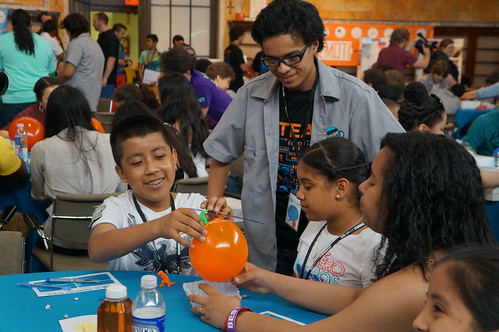
Optimizing our engagement ladder for educators and mentors
I’ll start by focusing on mentors. These are teachers, educators and Mozillians who want to teach the web, and help other people learn digital skills. As such, I’ll be a bit of a hybrid: working with the MoFo communications, mentor and webmaker.org engineering teams.
What do we need?
More systematic on-ramps for participation. We have a core offering. Next we want to build the communications and community infrastructure to scale it up, especially for mentors.
Why focus on mentors and our educational offering first?
- Because the opportunity is big. We can scale and grow this community.
- Because we need clearer ways to a) count them and b) communicate with them.
- Because it solves a larger strategic goal for Mozilla. An inspiring, lower-bar for people to participate in Mozilla’s mission.
Four key ingredients
Building a better bacon stack. I’ll use this engagement lens, as per Jono Bacon‘s thesis that community participation thrives on four key ingredients:
- on ramps. the main paths into the project, including the systems and infrastructure behind them.
- calls to action. bite-sized invitations to get involved, written in a language people understand and care about.
- documentation. how to do it. clear steps that normal humans can understand and follow.
- celebration. celebrating our best contributors. making community the stars. giving them more power.
We’re already doing versions of all of these things. Smart colleagues are already doing all of this. The opportunity is to optimize, and be more systematic about it — in terms of how we a) use data to support decisions, and b) co-ordinate across teams.
Being systematic: data as the fifth key ingredient
Data. We’ve done most of the above on good hunches so far, plus a smattering of data. Going forward, we need to be more systematic about this — which means using data to prioritize and guide us more. And in particular: using data to test some key hypotheses.
“Being systematic is about making choices based on data, instead of just hunches.”
— Mark Surman
How do we measure success?
Chris Lawrence, Michelle , Laura, Leah and the rest of the mentor team are already working on this. A dashboard could include things like:
- 1) sign-ups. Mentor email sign-ups. + social media followers. How many mentors can we communicate with?
- 2) mentor badges. Number of Webmaker Mentor badges issued. How many of them actually earn a Mentor badge? This could be our key conversion metric.
- 3) events. Number of Webmaker events. And approximate number of people reached, as part of Maker Party and beyond.
- 4) networks. Growing the number of Hive / Webmaker networks in cities around the world.
- Plus web site data:
- Traffic. To webmaker.org/teach. Number of unique visitors to our mentor offering, plus related pages.
- Conversion rate. Amount of that traffic that actually does something meaningful. (How do we want to measure that?)
- Contribution. Number and quality of educational resources contributed by community.
What’s my work plan?
July to Sep 15
- Ship a roadmap for webmaker.org/teach. [COMPLETE!] Helping to define and shape the on-ramps for mentor participation on webmaker.org/teach. From now to MozFest. Simplify. Focus on early quick wins to a) raise content quality and b) showcase the best current community contribution.
- Helping to tackle key Maker Party pain points and opportunities. Mostly around documentation. Then optimizing fresh calls to action and celebration for mentors.
- Optimize Bugzilla for Comms. We started this work — just need to finish it. This strengthens our internal work systems. Plus our ability to co-ordinate across teams.
- Optimize mentor sign-up. Understand roadmap for Webmaker.org single sign-on and ability to self-identify as a mentor. Ensure prominent mentor BSD sign-up on /teach and other places.
- Start digging into the data. Working with the Mentor Team to figure out a) what data we’re already collecting, and b) what new data we want to start collecting. Start building a dashboard.
- Reach out to colleagues at MoCo. Doing similar work. Learn from them.
- Document our engagement ladder. Do an “on ramp audit.” Attach data to it.
- Document. Document what we did. Present on it. Evaluate. See if there’s stuff that could be useful to others in the org.
Sep 15 – Dec 31
- Recruit volunteer comms community members. To help tell stories, write posts, and contribute to our overall comms work. We want to be able to assign tickets to community volunteers. I already have a couple volunteers for this at Moz Fest.
- Use MozFest as a massive teaching kit content sprint. Have the systems, documentation and people in place to capture the best stuff at MozFest as Teaching Kits. Use MozFest to generate a ton of great new mentor teaching resources.
- Use MozFest as a mentor badge recruitment drive. “Have you earned your Webmaker Mentor badge?” Have a presence and make that a key call to action. To spread digital skills. And share what you’re learning at MozFest with others around the world.
- Design and document a Mentor badge celebration system. Every time a mentor earns his or her wings, there should a little moment of celebration (which in turn drives more sign-ups.) Like “Friends of the Tree.”
- Optimize mentor email newsletter. How do we communicate with mentor email sign-ups more regularly and effectively?
- Ship a mentor metrics dashboard. One-stop dashboard. Probably refine down to three key metrics of success.
- Ship a new Mozilla-wide on-ramp. Like mozilla.org/teach or mozilla.org/education. Telling a crisp story about Mozilla going big in digital literacy and education. With easy sign-up and linking through to our core offerings.
- Document and evaluate. Rinse and repeat.
This is just a draft. Please comment to help me make it better.
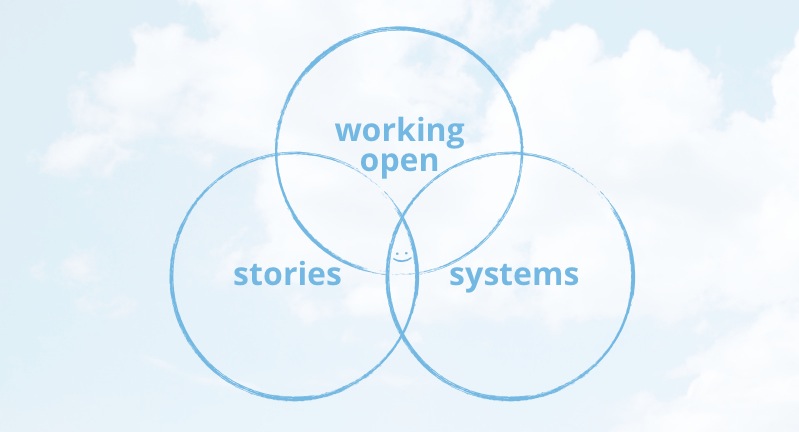
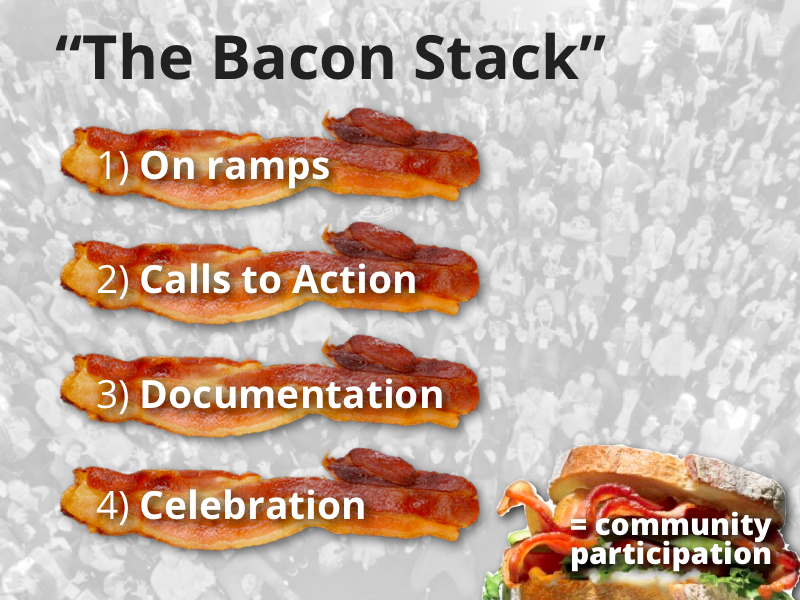
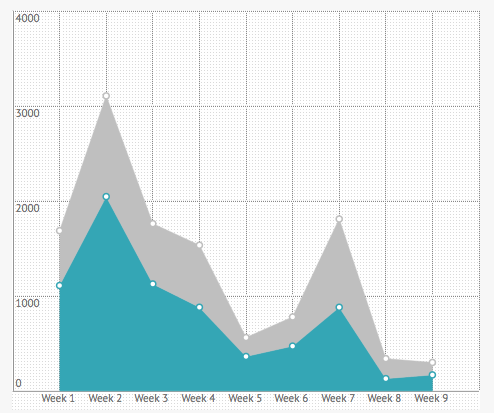
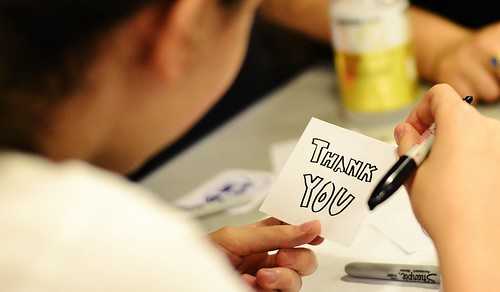
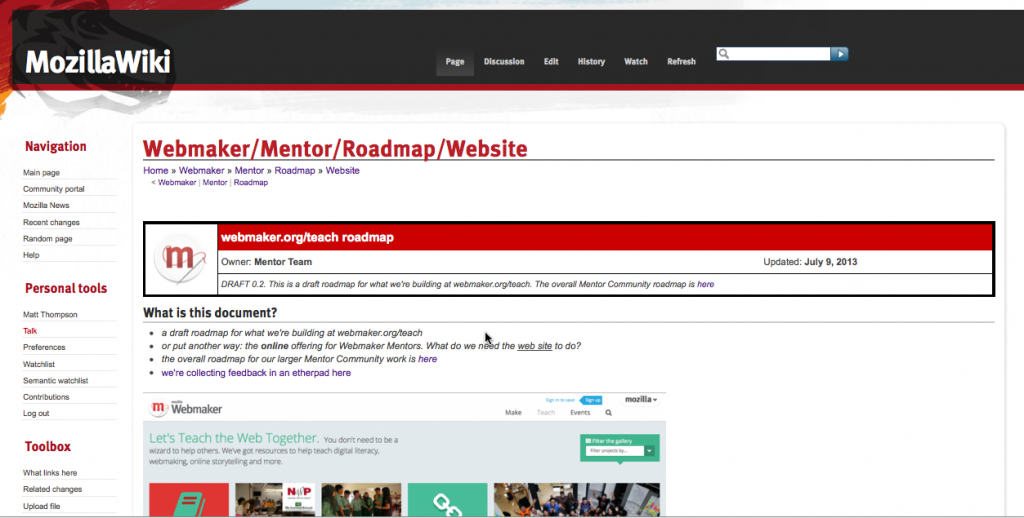
Exciting to read about the work you’re doing around expanding participation.
I’d be happy to talk with you to learn more about what you’re working on and share what we’re doing with the community building group — I think there is a lot of shared interest here and lots of opportunity to work together.
For instance, on the community building mailing list we’re having a discussion right now about how to scale mentoring programs being run by functional and regional areas. We’ll also continue that discussion tomorrow at the regular community building forum that happens every other Thursday at 10 pacific. Agenda and dial-in for tomorrow’s call is at:
https://wiki.mozilla.org/Grow/Meeting_07_25_13
We’re also doing a lot of work around systems, recognition, education and more that I think would be something you could build on and help us improve. I’m documenting everything on the wiki below. I need to clean it up to make it easier to get to the important parts, but it’s a great reference to everything going on.
https://wiki.mozilla.org/Contribute
If you’d like to talk more about any of this, feel free to let me know.
David
Thanks for this David! I’ve been meaning to reach out to you on some of this stuff for a while now, so the timing is great.
I’ll plan on joining that call on Thursday. And *love* this wiki — fantastic work. 🙂
https://wiki.mozilla.org/Contribute